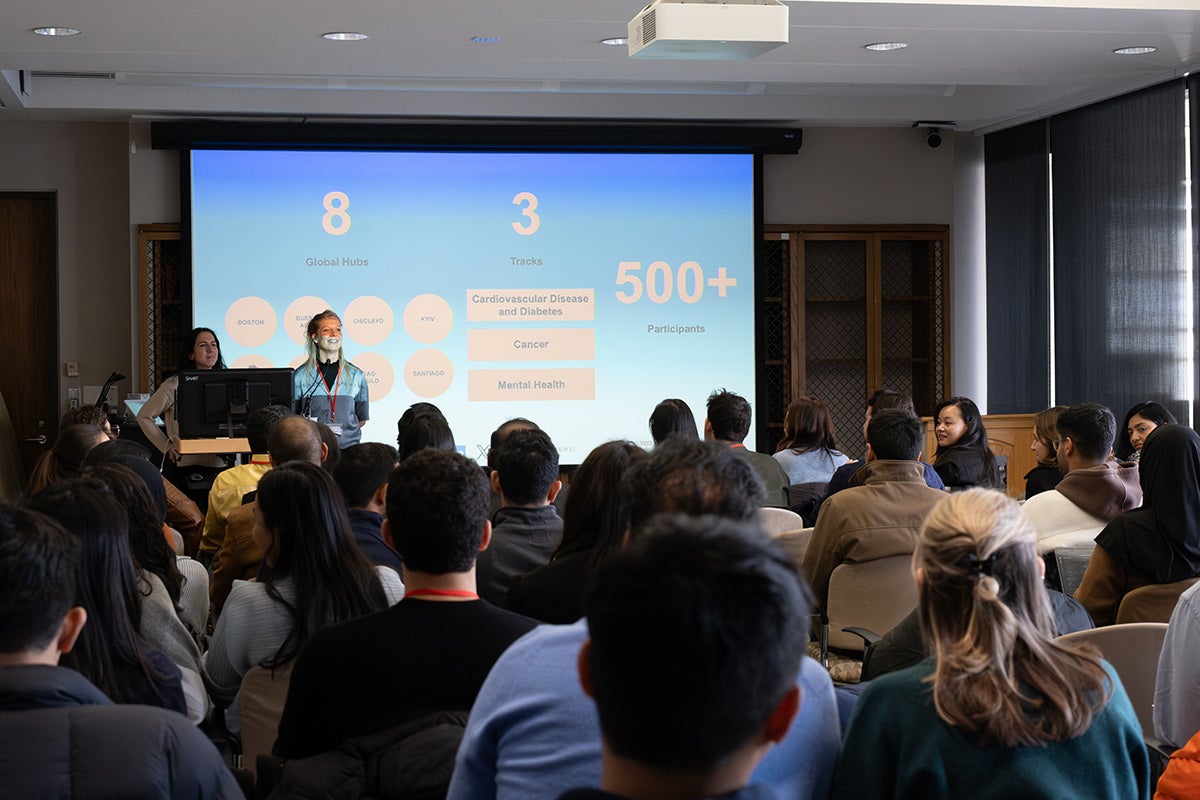Related Topics
‘Linear urban forest’ project aims to mitigate heat, improve health in cities
Researchers designed a “linear urban forest” and plan to quantify its climate- and health-related benefits for U.S. cities, using Springfield, Mass., as a pilot.

Opinion: More support, protection needed for LGBTQ health
Protecting and improving the health of the LGBTQ community will require more research funding to document health inequities, more training for health professionals to recognize and address the community’s unique needs, and more policies to support the equality,…

Uncovering the dangers of hair products marketed to Black women, girls
A growing body of evidence suggests that chemicals in hair relaxers—products aimed at straightening hair—and other hair products marketed to Black girls and women contain endocrine-disrupting substances linked with early menstruation, reproductive health issues, and cancer. But these…

New center to tackle health disparities affecting LGBTQ community
The LGBTQ Health Center of Excellence, based at the Harvard Pilgrim Health Care Institute and in partnership with Harvard Chan School, aims to advance health equity for LGBTQ people. The center launched June 4.

Symposium explores microbiome’s roles in cancer
At the 6th annual symposium of the Harvard Chan Microbiome in Public Health Center, experts from around the world discussed the many ways that the microbiome contributes to the development and treatment of cancer.

A molecular dive into how cells sense nutrients
Krystle Kalafut, PhD ’24, studies the liver’s response to insulin, revealing potential mechanisms involved in obesity and diabetes.

Link between diet and disease depends on measuring the right data
The 8th Cutter Symposium focused on one of the major challenges of obtaining accurate results in nutrition studies—the role of hidden, so-called confounding factors in studying the impact of diet on disease.

Why the longevity gap between men and women is widening
Men have increasingly shorter lifespans compared to women, in part due to preventable deaths, according to experts.

Oral hygiene can reduce risk of some cancers
A healthy mouth microbiome can help prevent a number of diseases, including cancer, according to Harvard Chan School's Mingyang Song.

Hackathon sparks digital, AI solutions to improve health care
More than 500 people worldwide spent two intense days developing innovative ideas to tackle health care challenges at an early April hackathon organized by the Health Systems Innovation Lab at Harvard Chan School.
